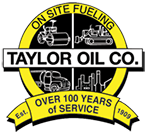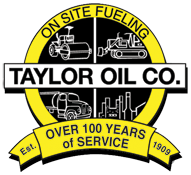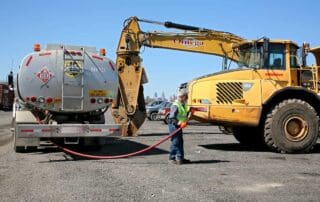Top 5 Tips to Improve Truck Fleet Fuel Economy
Truck Fleet Fuel Economy: In today's dynamic and competitive business environment, managing a truck fleet efficiently is crucial for success. One significant aspect of fleet management is optimizing fuel economy, which not only contributes to cost savings but also reduces environmental impact. In this blog post, we'll explore the top five tips to enhance truck fleet fuel economy and maximize operational efficiency. Regular Maintenance and Inspections: Maintaining a proactive approach to truck maintenance is fundamental in improving fuel economy. Regular inspections and scheduled maintenance help identify and address issues before they become major problems. Key areas to focus on include: Tire Maintenance: Properly inflated and aligned tires can significantly impact fuel efficiency. Regularly check tire pressure and invest in quality, low rolling resistance tires. Engine Health: Ensure that engines are well-turned and regularly serviced. Clean air filters, fuel injectors, and timely oil changes contribute to optimal engine performance. Aerodynamics: Keep trucks aerodynamically efficient by repairing any damaged panels, mirrors, or fairings promptly. Investing inside skirts and trailer tails can further reduce drag and improve fuel economy. Smart Route Planning and Optimization: Efficient route planning can make a substantial difference in fuel consumption. Utilize advanced route optimization software to plan [...]



